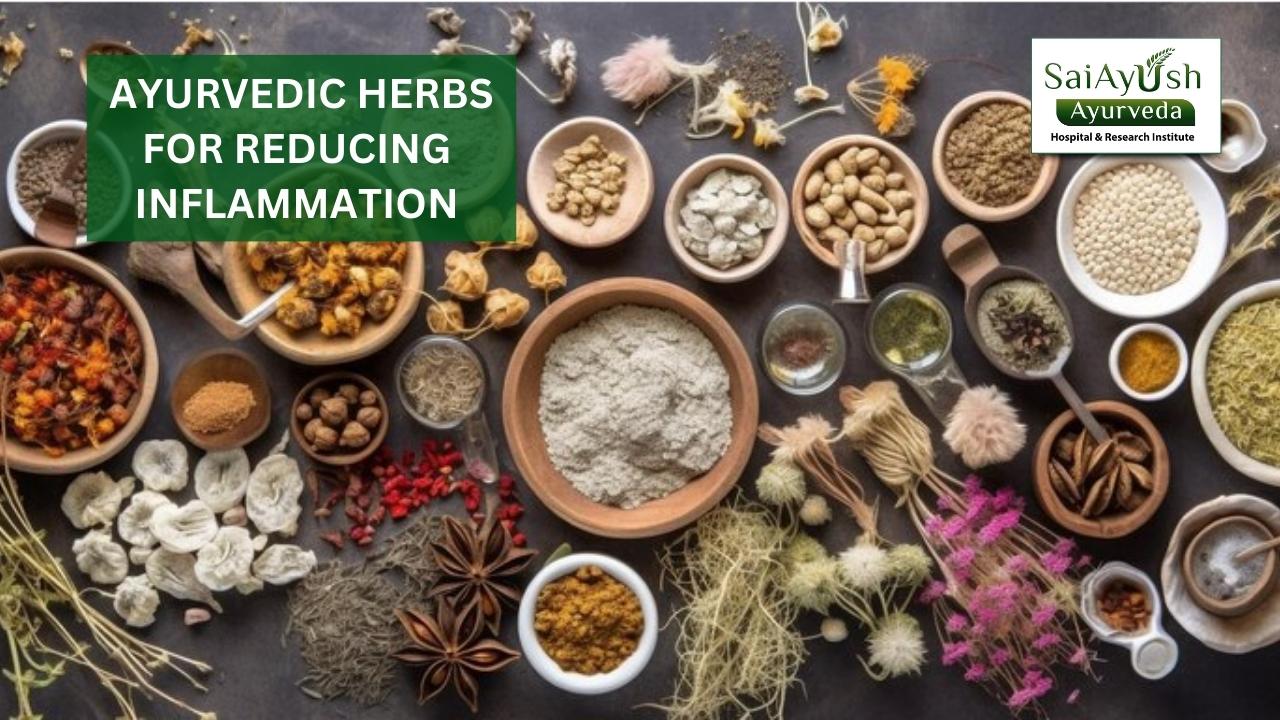A Complete Guide to Reducing Inflammation Through Ayurveda
Inflammation is a natural response of the body to injury or infection. However, when it becomes chronic, it can lead to various health issues, ranging from joint pain to heart disease. While modern medicine offers effective treatments, Ayurveda, an ancient system of natural healing originating in India, provides a holistic approach to combating inflammation. Let’s delve into how Ayurveda addresses inflammation, focusing on internal and external therapies.
Knowing About Inflammation
The body uses inflammation as a defense mechanism; it is a sophisticated biological reaction to insults. In order to defend and repair the injured area, a series of actions are taken, including the release of chemicals and immune cells. On the other hand, chronic inflammation can cause autoimmune disorders, heart disease, and arthritis if it continues over time.
Ayurvedic Perspective on Inflammation
According to Ayurveda, inflammation results from an imbalance of the Vata, Pitta, and Kapha doshas in the body. Inflammation is one of the many health problems that can result from these energies being out of balance. Through a combination of dietary adjustments, lifestyle modifications, and therapeutic treatments, Ayurvedic practitioners seek to rebalance these energies.
Ayurvedic Approach to Reducing Inflammation
Dietary Modifications
Ayurveda emphasizes a diet that is tailored to one’s dosha constitution. For inflammation, an anti-inflammatory diet typically includes foods that are cooling in nature. This may involve incorporating plenty of fresh fruits and vegetables, whole grains, and healthy fats like ghee. Turmeric, a potent anti-inflammatory spice, is a cornerstone of Ayurvedic cuisine.
Herbal Supplements
Ayurveda harnesses the power of various herbs known for their anti-inflammatory properties. Turmeric, ashwagandha, ginger, and boswellia are commonly used to alleviate inflammation. These herbs can be consumed in various forms, including capsules, decoctions, or as a part of dietary recipes.
External Therapies
Ayurvedic external therapies, known as Panchakarma, play a pivotal role in alleviating inflammation. These therapies are designed to detoxify and rejuvenate the body. Here are some key external therapies:
- Abhyanga (Oil Massage)
Abhyanga involves the application of warm, medicated oils infused with herbs. This deeply nourishing massage helps calm the nervous system, improve circulation, and reduce inflammation in joints and muscles.
- Swedana (Herbal Steam Therapy)
Swedana involves steaming the body with a mixture of specific herbs. This therapy helps open up the pores, facilitating the release of toxins and promoting relaxation. It’s particularly beneficial in reducing inflammation and pain.
- Pinda Sweda (Bolus Bag Massage)
- Pinda Sweda involves massaging the body with warm boluses filled with herbs, rice, or other specific ingredients. This therapy is highly effective in reducing inflammation, especially in cases of arthritis and muscular pain.
Conclusion
Ayurveda offers a comprehensive approach to reducing inflammation by addressing the root causes through dietary adjustments, herbal supplements, yoga, meditation, and external therapies. Incorporating these practices into your routine, under the guidance of a qualified Ayurvedic practitioner, can provide significant relief from chronic inflammation and promote overall health and well-being. Remember, it’s crucial to consult with a healthcare professional before making any significant changes to your health regimen.
Discover the healing power of Ayurveda with our latest article at Sai Ayush Ayurveda Hospitals! Dive into the age-old wisdom that can rejuvenate your body and mind. Click here to read more:



0 Comments